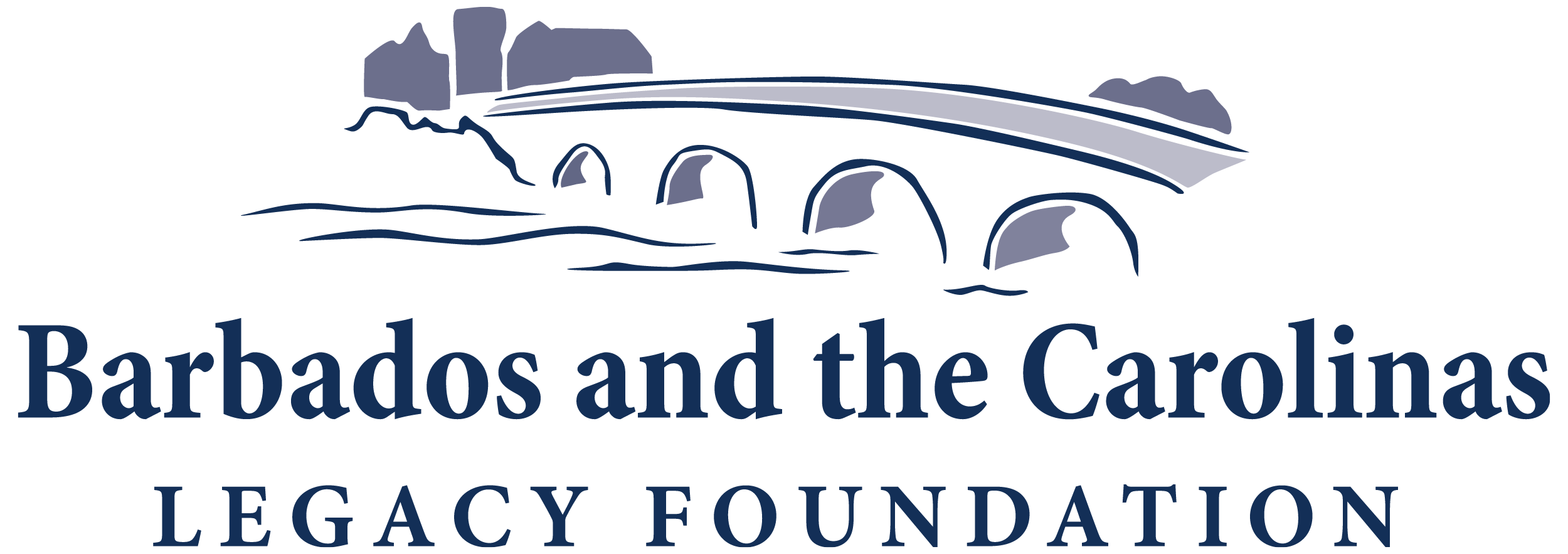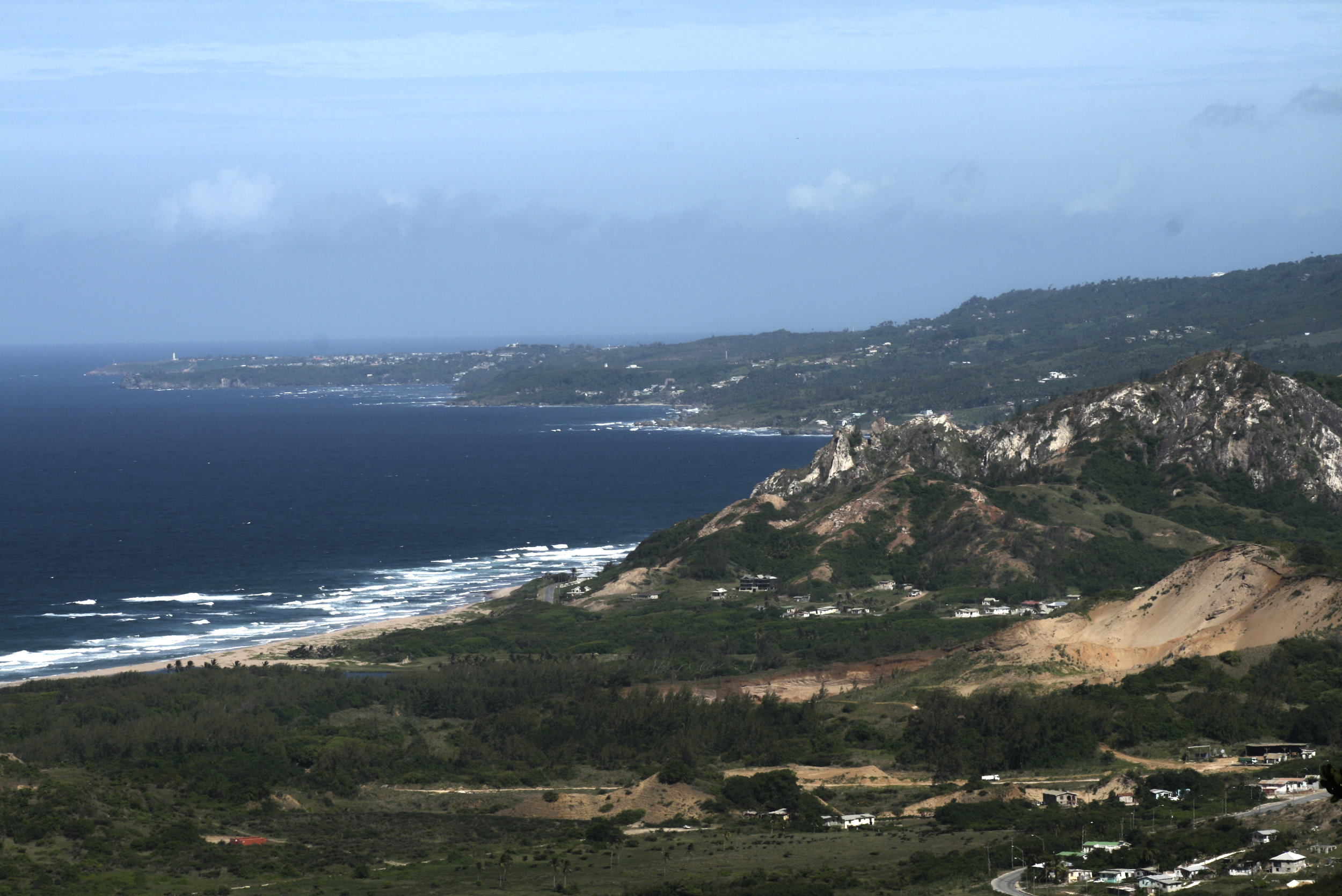Owning our Story - Our History
Posted by Rhoda Green
Barbados and the Carolinas
I have enjoyed searching for articles and sharing nuggets of connecting history with you. I’ve come across lots of historical information, and I continue to seek for more. My appetite is insatiable. I’ve discovered people are interested in this shared history for differing reasons, some of which are polar opposite. We’re indebted to historians and scholars who diligently research and make their work available to us – the public. Now we can better learn and understand the culminating forces that determined our collective futures in society and respond intelligently. Join me as I share…
Barbados was ground zero for British Colonial settlements in the Americas, so say many historians. This now has become Barbados’s legacy as well as the Carolinas. For many Barbados’ size has always been an issue and still is. These converging factors intrigue me and raise many questions. Here are some of my musings and deductions…
First Barbados. Why Barbados? It’s just a small jot of land rising out of the Atlantic. Then I learned: “The birth of the island came about as a result of a natural impact that occurred between the Atlantic and Caribbean plates. Over a period of about a million years was born of the gradual accumulation of the oceanic sediments and regular tectonic uplifts caused by the Atlantic plate being pushed under the Caribbean plate which literally forced Barbados to the surface.” It’s not part of the archipelago of islands to its west. It just emerged to the surface, all 166 square miles of sediment and tectonic uplift. It just emerged over time… Interesting!
Then I thought about England, the British Isles, Europe, Africa – each region with its own history, heritage and culture. During the Colonial period exploration became fashionable in Europe and another seismic occurrence took place – this time people. This one was exponentially a clash – a clash of cultures whose outcome was every bit as consequential as a geological change. Economical and societal norms went through a transformation. The ancient practice of slavery morphed into something different from what it was for centuries. People could now be owned by other people. Chattel! Further, race was used to determine who could be free and who could be enslaved – for life. What a societal shift? The course of history was changed and people of African descent became marked and diminished in the eyes of the world. Native American tribes got caught and entangled in the whole societal shift.
Seemingly, Barbados’ geography was a significant factor in its future demography and topography. What is now being researched and documented is that significant societal change occurred on this “small” island.
The British set up the Plantation system and governmental structure that was adaptable and sustainable in its colonies. First indentured servants form Ireland and Scotland supplied the labor force in Barbados. Sugar production gave rise to untold wealth and power and a new model at this collision of cultures. Tucked away in the Atlantic, somewhat out of the path of hurricanes and other atmospheric pressures, it became the “culture hearth” of the Americas.
For many their self-worth, their self-esteem and very humanity were questioned and defined by others. Simultaneously masses of this very group were transported from Africa by force to labor on plantations, great houses, forts and many of the tangible monuments of that era.
Some three hundred and more years later, millions retain the scars from that system – psychological and emotional scars. The struggle for freedom and equality became a lifelong quest for those who were born in a society where race and color matters.
When seismic shifts occur new norms are formed. Here’s what I’ve discovered through my personal experiences and my musings:
We can’t erase or change history. We can pursue a course of action that liberates our minds and psyches from the long- lasting effects and partial ramifications of that history.
How do we do that? We revisit the very places where our ancestors’ very humanity was challenged. We retrace their historic paths wherever possible. We have no ownership rights to most of the tangible assets that remain. For many “plantations” evoke emotions that are hard to express. For others they provide a glimpse into a past era and antebellum bliss and grandeur. But plantations required enslaved people to do the work. For every plantation owner there were many enslaved – sometimes hundreds. The history of the plantation owners, merchants, lawmakers – aristocrats of that period is inextricably intertwined with the history of the enslaved. Our ancestors’ traversed the very fields, plantations – landscape owned by the very powerful of this period. Their spirits roamed and they moaned under the whips of hard taskmasters. They planned, hid, hunt, and hoped for escape to freedom on these vast land holdings. Without their presence there would be no story.
Taking ownership of the stories that once subjugated, belittled, shamed and victimized our ancestors is an act of honoring their presence and travail. Failing to do so is tantamount to being complicit in having their memories erased from human history. Taking ownership of our portions of the stories is therapeutic and liberating. Victimization can be translated into vindication. Each of us can tell our part of the story – the whole story with as much ownership right and authority, if we are knowledgeable of that story. There is wholeness and empowerment by engaging in this process.
Many things have changed… many things remain the same. The disconnection and separation that occurred during the Atlantic Slave Trade crossing still exists. For many a sense of share history seems irrelevant. Putting the historical pieces together is necessary. Each piece of our disconnected but shared history must be considered – must be owned and accepted as part of our collective ancestral experience. When one part of the story is overlooked, downplayed, denied or ignored, we lack. At each drop-off point along the Slave Route souls were unloaded and families separated. Taking ownership of the whole story is something we must do for ourselves. The good intentions of others won’t bring about the wholeness we require. We must own our part of the story – the whole story. It is our story – our history. Know it! Tell it!
By Rhoda Green

